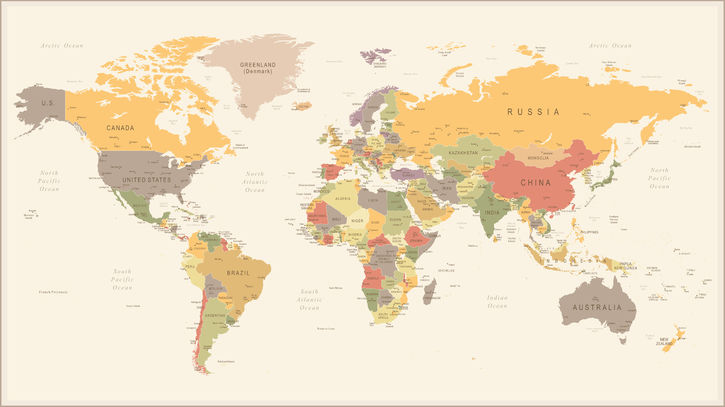
Various countries deal with the retail Forex trading industry differently. Long gone are the days when regulators ignored small traders and their relationship with brokers. Developed countries set up the regulatory frameworks that protect the retail customers but create many restrictions. At the same time, some countries go as far as prohibiting retail FX trading altogether.

Below, I will list some of the countries that have important restrictions on retail Forex trading activities:
United States
Following the
China
Forex trading is completely legal and relatively unrestricted in China, but the strict capital controls prevent Chinese traders from opening accounts with the foreign brokers. This means that big international brokers attract Chinese customers by setting up their own local companies in the country. Even though it somewhat reduces the competition in the industry, Chinese retail traders may still opt for doing business with the offshore FX companies that accept deposits in Bitcoin or some other uncontrollable method of payment.
India
Retail Forex trading is legal in India but only on the registered exchanges. It is illegal for Indians to engage in spot currency trading. Not only that, but trading is only allowed in INR currency pairs. This puts Indian FX traders into a rather poor situation compared to the rest of the world.
Japan
The Financial Services Agency allows Japanese Forex traders to operate only through domestically licensed brokers. It also applies a rather heavy restriction margin trading — 1:25 maximum leverage for major currency pairs. Despite that, the Japanese retail FX industry is very competitive and is booming for quite a long time now.
South Korea
Forex trading in Korea is a tougher mix of China and Japan. Similarly to China, it is illegal for Korean Forex traders to open accounts with foreign brokers due to the capital controls. At the same time, domestic brokers provide very restricted trading conditions due to tight regulation. The maximum leverage for FX trading is just 1:10 there.
Turkey
Turkey has recently enacted regulations that prohibit foreign brokers to work with the country’s retail FX traders. A brokerage company has to be licensed by Capital Markets Board of Turkey to be allowed into the country’s retail market. Traders will have to cope with 1:10 maximum leverage and âº50,000 minimum deposit (about $14,000) when dealing through such brokers.
Poll
Luckily, many traders (me included) still live in the countries that do not restrict retail FX trading quite seriously. In most of Europe, one can still open a Forex trading account with a foreign broker despite the warnings issued by the local regulators. And how is the situation in your country?
![]() Loading …
Loading …
If you want to share some interesting points about the legality of Forex trading in your jurisdiction or if you want to add something about restrictions in a country not mentioned in the post, please do so using the commentary form below.